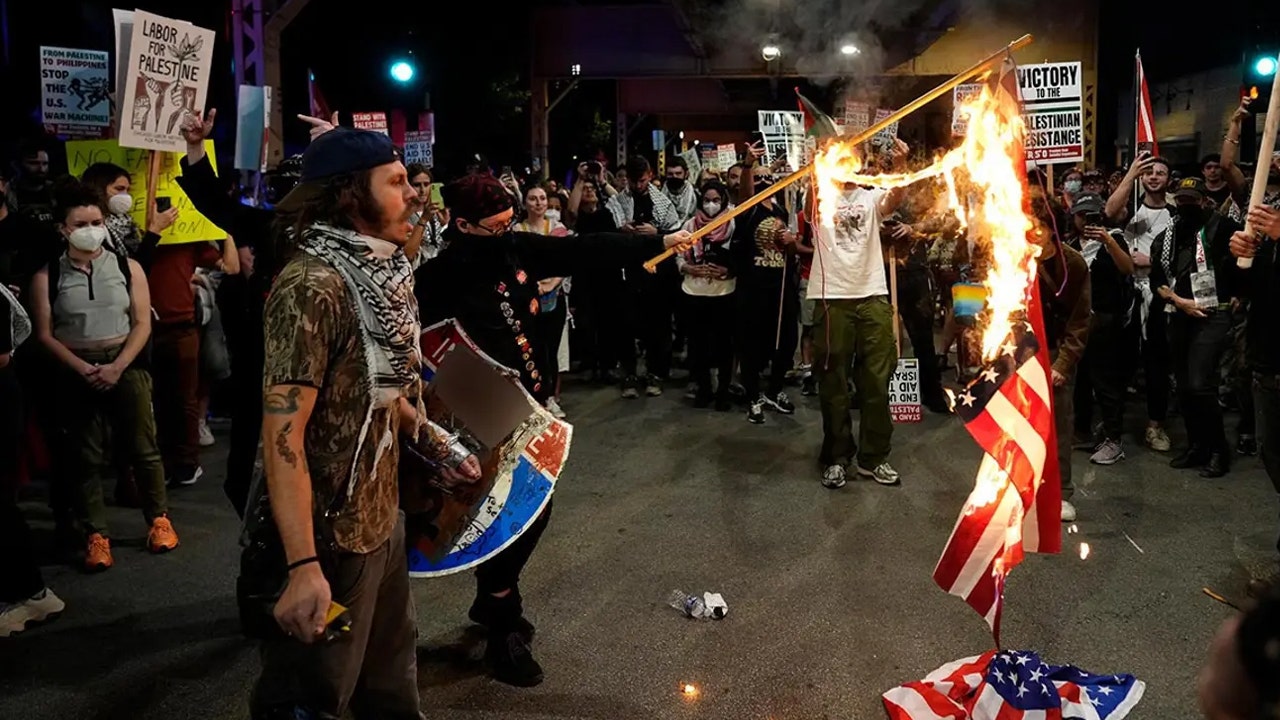Secretary of State Marco Rubio joined Donald Trump Jr. on Tuesday evening for an episode of the podcast Triggered with Don Jr., where he addressed a range of issues including the Supreme Court’s recent decision involving the Alien Enemies Act, the threat of mass migration from Venezuela, and the Trump administration’s foreign policy approach.
Rubio opened the discussion by commenting on the Supreme Court’s ruling issued Monday night concerning President Donald Trump’s use of the Alien Enemies Act (AEA).
The ruling affirmed that while the president can proceed under the AEA, individuals facing deportation must be notified in a manner that allows them to seek habeas relief in the correct jurisdiction prior to removal.
Elon Musk Called This Financial News ‘Terrifying’
Rubio said the most significant aspect of the ruling is that legal challenges must be filed in the jurisdiction where the detainees are held.
“Because right now, what was happening is these activists were basically just finding a court – they would find – they’d forum shop. They’d find, ‘Where can I find a friendly federal judge that gives me the highest probability of victory in court?’ So you have over 600-something District Court judges, and so you have a guy in New Jersey or a guy in New York or a guy in D.C. basically enjoining the entire country,” Rubio said.
He added, “I think the most important thing the court said is, number one, if you want to fight these things, you have to fight it in the jurisdiction where they’re being sent from or being held – in this case, Texas.”
Rubio also addressed concerns over federal judges influencing foreign policy, saying, “We can’t live in a country – it’s just not constitutional – where judges are now conducting the foreign policy of the United States.”
FREE Concealed Carry Gun Laws & Reciprocity Map
Discussing the administration’s application of the Alien Enemies Act, Rubio stated that the Trump administration is using it to remove individuals deemed threats to public safety.
“It’s almost automatically assumed that if you are somehow removed from this country you are a candidate for the Nobel Peace Prize. You read these articles; these are the greatest people who have ever lived, who just somehow all happen to be illegally in our country,” Rubio said.
Rubio also spoke about concerns over mass migration being used as a tool by foreign governments, particularly the regime of Venezuelan leader Nicolás Maduro.
He pointed to the criminal gang Tren de Aragua (TdA), which originated in Venezuela, and said it appears Maduro has used the group to send gang members into the United States.
“In the case of Tren de Aragua, that was a prison gang inside of Venezuela. The Venezuelan regime pushed them out of the country knowing that many of them… ultimately wound their way up here to the United States,” Rubio said.
He added that this trend began around January 2023 and noted that gang members have since appeared in cities across the U.S., including Chicago, New York, and Aurora, Colorado.
Turning to U.S. foreign policy under the Biden-Harris administration, Rubio criticized the White House’s approach to dealing with hostile regimes, particularly Venezuela.
He described the administration’s easing of oil sanctions in exchange for election promises as ineffective.
“They went to Maduro and they said, okay, we’re going to do a deal. You promise to hold elections, free and fair elections in like nine months or whatever, and we will immediately lift sanctions and allow you to start producing oil and getting paid for it,” Rubio explained.
“They didn’t have an election. And after that… they left the deal in place.”
Rubio said a better approach would have required free and fair elections before lifting sanctions.
He also noted that the side deal allowed Chevron to pay royalties directly to the Maduro regime, which reportedly accounted for over 25% of its oil revenue.
Rubio also discussed his recent travels to Central America and the Caribbean, describing efforts to strengthen relationships with regional allies.
He cited the U.S. partnership with El Salvador and its president, Nayib Bukele, as an example of renewed cooperation. Rubio contrasted this with the Biden-Harris administration’s prior refusal to engage with Bukele.
Other topics covered in the podcast included revoking student visas for individuals inciting unrest and ending federal Diversity, Equity, and Inclusion (DEI) hiring practices.
Rubio said the Trump administration is focused on reversing what he called destructive policies and replacing them with practical, results-driven governance.
“We’re not doing idiotic things anymore,” Rubio said, referring to visa abuse and campus disruptions.
He concluded by praising the work ethic and leadership of President Trump, saying, “We truly feel like we are making changes and decisions today in the positions we’re in that are going to dramatically improve our country and life in America for two generations.”
WATCH:
American Made Patriotic Apparel – Save 15% with Promo Code MERICA
Read the full article here


![Marco Rubio Drops Bombshells on Border, Biden, and Foreign Policy with Don Jr. [WATCH] Marco Rubio Drops Bombshells on Border, Biden, and Foreign Policy with Don Jr. [WATCH]](https://www.lifezette.com/wp-content/uploads/2024/09/2024.09.18-02.02-lifezette-66eadd7506a0d.jpg)








